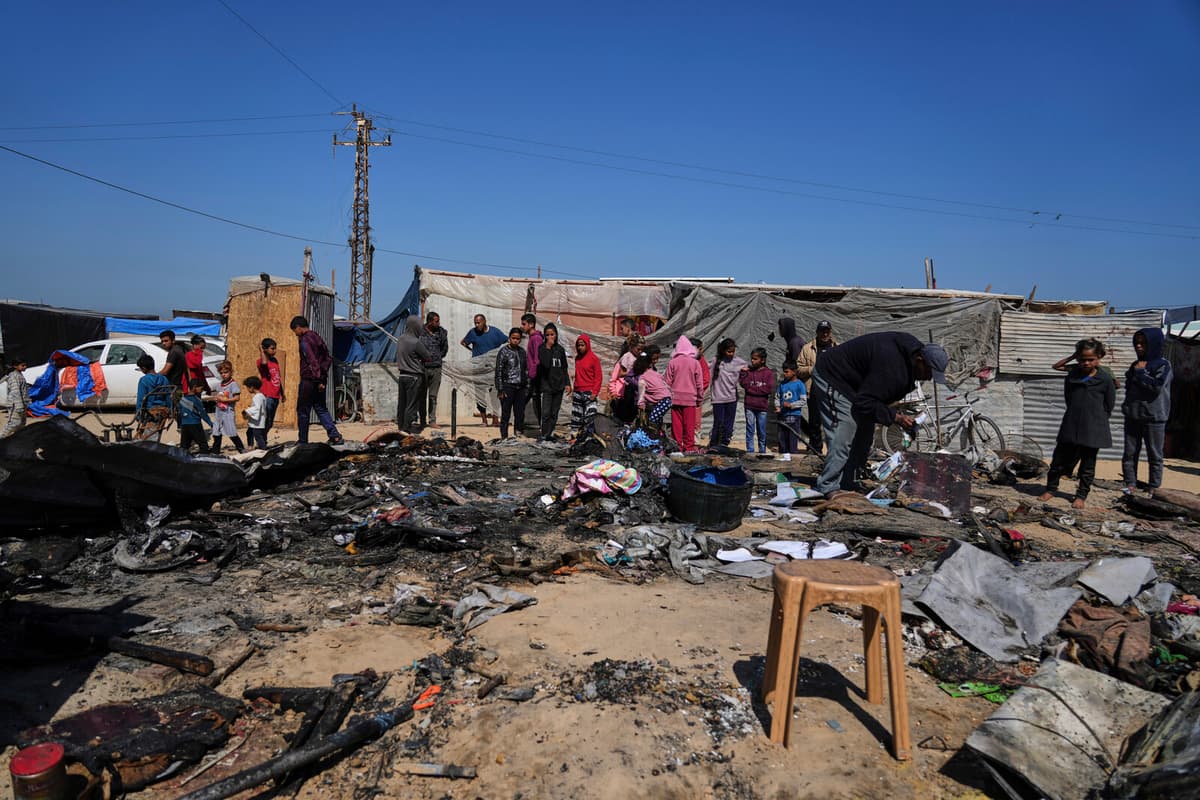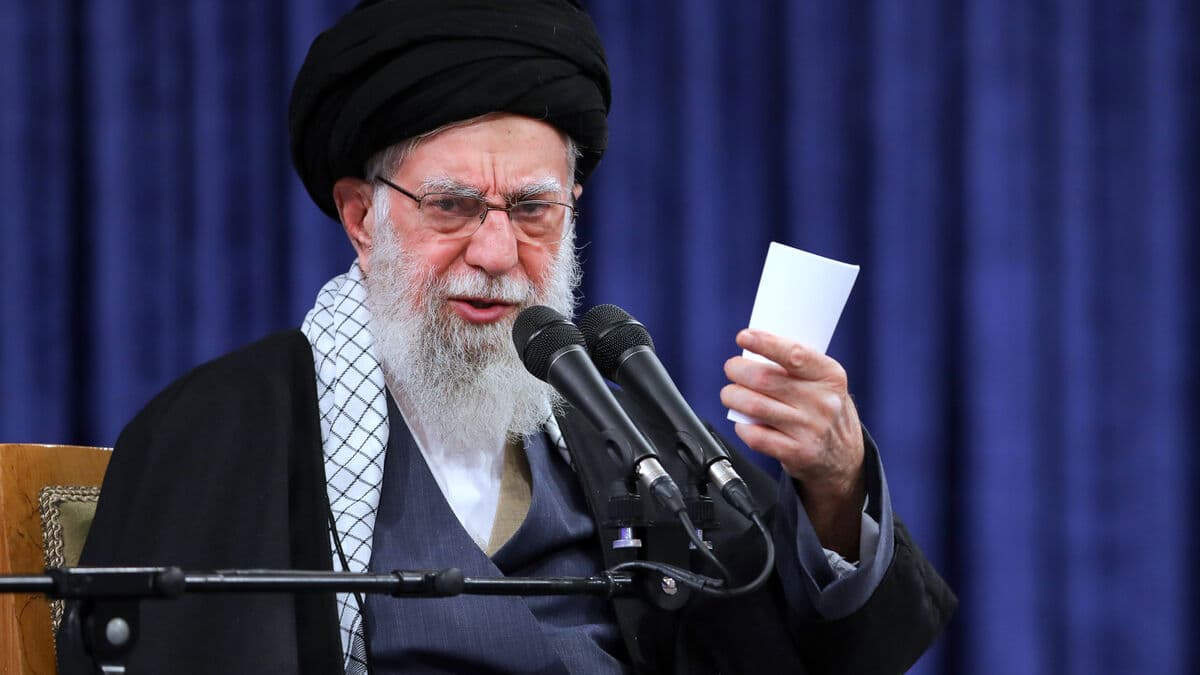The blockade of aid to Gaza continues, announced Defense Minister Israel Katz last week.
Shortly before, he had raised the possibility of distributing emergency aid through private companies, which would prevent terrorist-stamped Hamas from being involved in the handling. But the plans were quickly met with sharp criticism from Katz's far-right ministerial colleague Itamar Ben-Gvir, and shortly thereafter, the Defense Minister announced that no deliveries would be resumed in the near future.
But in Gaza, suffering is increasing. On Thursday afternoon, twelve aid organizations, including Save the Children, warned of a "total collapse" of humanitarian aid in Gaza, and described the situation as "one of our generation's worst humanitarian failures".
Doctors Without Borders (MSF) speaks of a "mass grave" for Palestinians and aid workers.
"A political choice and a deliberate attack on a people's ability to survive," notes Amande Bazerolle at MSF in a statement.
New phase in the war
A new phase began in the war when Israel broke the ceasefire and imposed a blockade on Gaza, says Anders Persson, a political scientist at Linnaeus University.
It's about putting pressure on both Hamas – and on the civilian population – to become more accommodating to Israel in the negotiations. To pressure Hamas into a more favorable agreement on prisoner exchange, he says.
We're seeing a new phase in the war, and there's no doubt that the humanitarian card is an important chip in it.
The humanitarian crisis in Gaza is worse now than during the 18 months the war has been going on, according to the UN's coordination organization for humanitarian aid, Ocha. Children are suffering from acute malnutrition, and in many overcrowded shelters, there is no access to clean water, food, or healthcare.
"Desperate situation"
Israel claims that there is a month's supply left in Gaza, but humanitarian organizations are warning of hunger and malnutrition.
It's a desperate situation overall that makes people desperate and makes them protest in despair against everything and everyone. You can think of it as an indirect result, at least, of the humanitarian blockade, says Anders Persson.
External pressure could get Israel to change its strategy, but so far, the external pressure is weak, he emphasizes. Many are critical, but not willing to pressure Israel with more than words.
It could change if the humanitarian situation becomes so severe that it leads to a completely new type of decision from the outside world.






